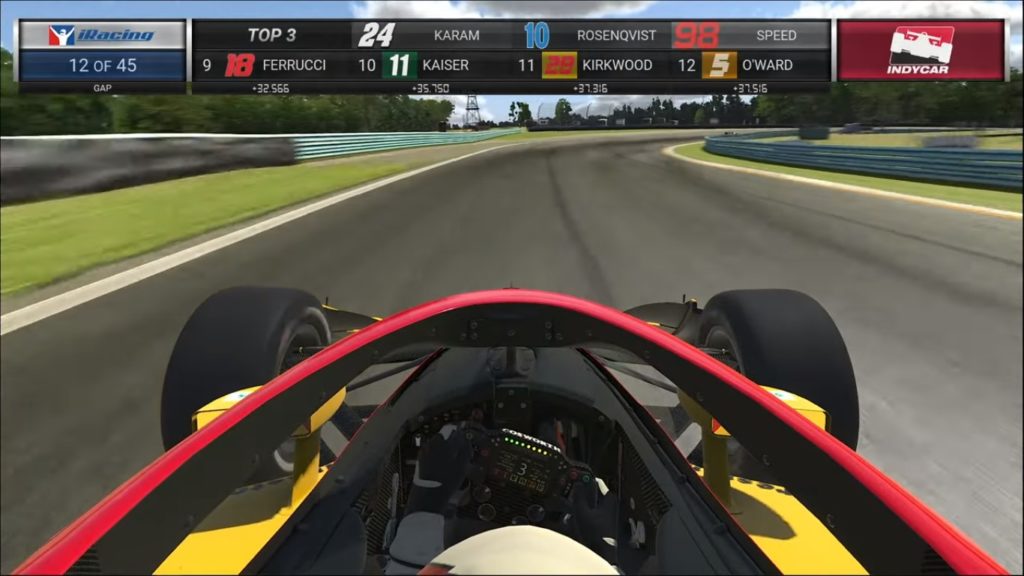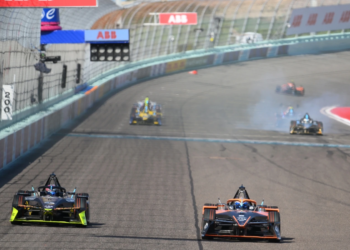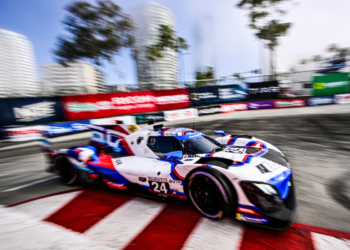E-sports has revolutionized the way we think about competitive gaming, and motorsports is no exception. As technology advances and the virtual and physical racing worlds converge, motorsport e-sports has emerged as a dynamic arena for both professional drivers and gaming enthusiasts.
This hybrid form of racing combines the thrill of high-speed competition with the accessibility of gaming, creating a platform that appeals to diverse audiences.
In this article, we’ll explore how motorsport e-sports is reshaping the racing industry and providing new opportunities for fans and players alike.
From simulators to global competitions
Motorsport e-sports started as a niche activity with amateur players using racing simulators. Over the years, it has evolved into a highly competitive industry with international tournaments, professional leagues, and corporate sponsorships.
Platforms like iRacing, Gran Turismo, and F1 Esports Series have become household names among racing fans.
What sets motorsport e-sports apart is its blend of realism and gaming. Advanced racing simulators replicate real-world driving physics, making the experience more immersive and challenging for participants. This attention to detail has helped motorsport e-sports gain credibility among traditional motorsport enthusiasts.
Accessibility for all, why E-Sports is gaining popularity
One of the main advantages of motorsport e-sports is its accessibility. Unlike traditional racing, which requires significant financial investment in cars, equipment, and track time, e-sports allows anyone with a gaming console or PC to participate. This democratization of racing has drawn in a new generation of fans and players.

Professional crossovers
Many professional drivers are embracing e-sports as a way to hone their skills. Formula 1 drivers like Max Verstappen and Lando Norris frequently compete in virtual races, blurring the line between the virtual and real-world racing scenes. Their participation has helped legitimize e-sports and attract mainstream attention.
Enhanced fan engagement leads to opportunities for fans and brands
E-sports offers fans a chance to engage with their favourite motorsport teams and drivers in new ways. Live-streamed events, interactive chats, and fan tournaments create a two-way relationship between players and spectators, deepening their connection to the sport.
A platform for sponsorships
The growing popularity of motorsport e-sports has opened up new avenues for sponsorships. Brands are increasingly investing in virtual racing events, targeting a younger, tech-savvy audience. For example, platforms like SpinBet casino have tapped into the e-sports space, recognizing its potential to reach gamers who also enjoy high-stakes competitions. These collaborations not only enhance visibility for brands but also provide financial support to grow the e-sports ecosystem.
Realism through innovation, technology drives the revolution
Advances in technology have been a driving force behind the rise of motorsport e-sports. High-performance gaming PCs, VR headsets, and force-feedback steering wheels make the experience more realistic than ever. Virtual reality, in particular, has been a game-changer, offering players a cockpit-like experience from the comfort of their homes.
5G and cloud gaming
The adoption of 5G and cloud gaming has further expanded the reach of motorsport e-sports. With faster internet speeds and reduced latency, players from around the globe can compete seamlessly, breaking down geographical barriers. This has made international tournaments more inclusive and competitive.

Overcoming stigmas, challenges and future prospects
Despite its growth, motorsport e-sports still faces scepticism from traditional racing purists who question its authenticity. To bridge this gap, organizers and players are focusing on showcasing the skill and dedication required to excel in virtual racing.
Expanding the audience
As motorsport e-sports continues to grow, the challenge lies in attracting a broader audience beyond gaming enthusiasts. This includes integrating e-sports events into mainstream motorsport calendars and creating hybrid events that combine real-world and virtual races.
Conclusion
Motorsport e-sports is no longer just a subculture; it’s a thriving industry that’s reshaping the future of racing. By merging accessibility with technological innovation, it has created a new space where racing enthusiasts, professional drivers, and gamers can come together.
As brands, players, and fans continue to invest in this digital frontier, motorsport e-sports is poised to become a permanent fixture in the world of competitive racing.







